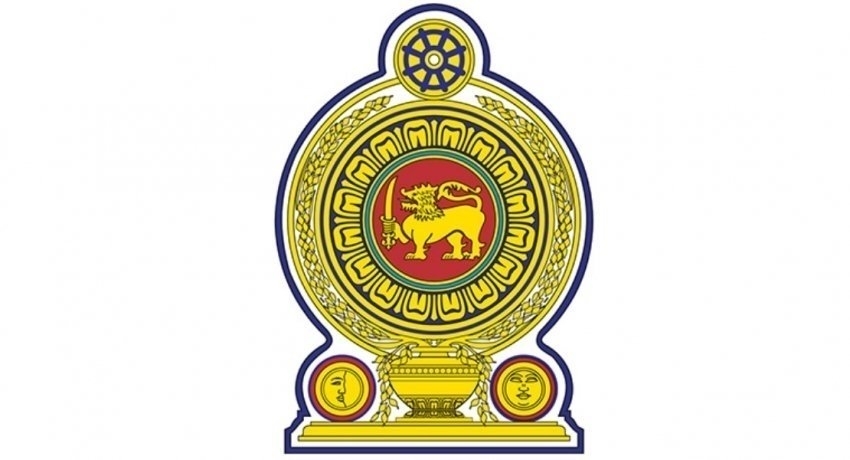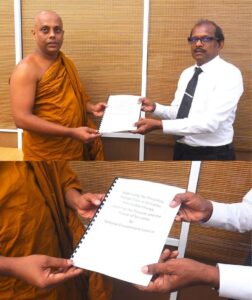Sri Lanka’s Parliament approves amendments to strict anti-terrorism law
2 min read
(PTIA) : Sri Lanka’s parliament on Tuesday approved amendments to the country’s controversial anti-terrorism law, which has been criticized internationally for its harsh provisions. The bill amending the Prevention of Terrorism Act (Temporary Provisions) of 1979 was passed in the 225-member meeting with 86 votes in favor and 35 against.
The main opposition Samagi Jana Balavegaya (SJB), the main Tamil minority party TNA and the NPP voted against the amendments.
The Sri Lankan government announced changes to PTA in an official gazette in late January, which officials described as attempting to bring the law into line with international standards of anti-terror law.
The published changes include steps such as shortening the detention period, magistrates visiting detention centers to ban torture, lawyers who must be allowed access to detainees, enabling communication with family members, speeding up the handling of cases and the introduction of a new section to grant bail. for PTA inmates.
Foreign Minister GL Peiris told parliament the government believes the law should be amended in light of the social transformations that have taken place since its original enactment. The opposition argued that the amendments were inadequate.
MA Sumanthiran, TNA’s keynote speaker, said: “The amendment is a childish attempt to take the eyes of the world in the wind. It will bring absolutely no change on the ground.” The TNA is conducting an island-wide signature campaign to force the repeal of the PTA.
The European Parliament had called for the withdrawal of the PTA in June 2021 and urged the European Commission to consider temporarily withdrawing Sri Lanka’s access to GSP+, a privileged trade concession for the island’s exports.
The GSP+ preferences for Sri Lanka were withdrawn in 2010 due to significant deficiencies in the country’s implementation of three UN human rights conventions. Sri Lanka was re-admitted to GSP+ in May 2017.






